The historic meeting October 23 between Pope Leo XIV and King Charles III – the first between a pope and an English monarch since before the Reformation – goes beyond the obvious religious significance. It suggests future cooperation in promoting an entirely different religion, one favored by most of the world’s elites.
That religion preaches environmental sustainability through draconian measures that demand humanity’s submission at the expense of common sense and science. Not for nothing did Leo and Charles meet less than three weeks before the start of COP30, the United Nations’ annual conference on climate change.
Throughout his public life, Charles positioned himself as Defender of the Environment. His portfolio supports replacing fossil fuels with alternative energy sources, farming without nitrogen-based fertilizers and instituting carbon taxes and carbon credits. His Majesty even advocates radically changing international economics to achieve environmentalist goals.
“We must recognize that our economic system is at the heart of the problem precisely because it is at odds and not in harmony with nature’s own economy,” Charles said in 2022. “This situation is indeed dire and the consequences of inaction and business as usual are unimaginable. However, this same economic system of ours, if retargeted, is key to the solution.”
Charles’ rhetoric and actions match what Pope Leo’s predecessor produced. Pope Francis made environmental activism his papacy’s hallmark when he wrote in 2015 the encyclical Laudato Si, in which he demanded radical, immediate change to avert an environmental collapse that would devastate social and political systems and wreak havoc on the poor.
“Halfway measures simply delay the inevitable disaster,” Francis wrote. “Put simply, it is a matter of redefining our notion of progress. A technological and economic development which does not leave in its wake a better world and an integrally higher quality of life cannot be considered progress.”
Francis solidified his agenda in 2021. On May 14, the Vatican held a one-day conference on environmental and economic issues. John Kerry delivered a keynote address for a panel on “Integral Ecological Sustainability” regarding energy and food.
Eleven days later, Francis announced the Laudato Si Platform, a seven-year campaign to implement the UN’s Sustainable Development Goals. Francis described it as belonging to a thrust toward what he called “green economics,” “green education” and “green spirituality.”
Francis and Charles thus forged a close relationship. In 2017, Francis hosted Charles and his wife Camilla for a papal audience In April, the king and queen made an informal visit to Francis 12 days before his death.
Most importantly, both backed the World Economic Forum’s Great Reset and the UN’s Sustainable Development Goals, part of its Agenda 2030. Charles lent his voice to a video introducing the WEF’s program in 2020.
“We need nothing short of a paradigm shift, one that inspires action at revolutionary levels and pace,” Charles said. “We simply cannot waste anymore time, and the time to act is now.”
Four months after issuing Laudato Si, Francis addressed the UN. He called Agenda 2030 “an important sign of hope” because “a selfish and boundless thirst for power and material prosperity leads both to the misuse of available natural resources and to the exclusion of the weak and disadvantaged.”
Tellingly, the Vatican entitled its 2021 conference on environmental and economic issues, “Dreaming of a Better Reset.”
Leo intends to continue Francis’ activism. The new pope indicated that commitment clearly as the Vatican commemorated Laudato Si’s 10th anniversary October 1.
“We inhabit the same planet, and we must care for it together,” Leo said. “I therefore renew my strong appeal for unity around integral ecology and for peace! We must shift from collecting data to caring; and from environmental discourse to an ecological conversion that transforms both personal and communal lifestyles.”
But the European Union’s focus on solar and wind power makes it dependent on energy sources that are more expensive, less reliable and counterproductive to economic growth. Italy, Britain, Ireland, Germany, the Netherlands and Denmark pay the highest electric bills yet the EU wants to reduce carbon emissions by 90 percent by 2040.
Meanwhile, such developing nations as China, India, Brazil and Indonesia invest heavily in fossil fuels despite emissions.
“This climate crusade is a masterclass in self-sabotage, chaining its economy to ruinous policies while preaching moral superiority,” said environmental analyst Bjorn Lomborg. “It is economic suicide dressed in eco-virtue.”
Even Bill Gates believes the panic ranges beyond overstatement.
“Although climate change will have serious consequences – particularly for people in the poorest countries – it will not lead to humanity’s demise,” Gates wrote. “People will be able to live and thrive in most places on Earth for the foreseeable future.”
Given such problems as clerical sex abuse and the breakdown of societal order due to unchecked Muslim immigration, St. Peter’s and Buckingham Palace, respectively, abandon their responsibilities and identities for the sake of intellectual fashion.



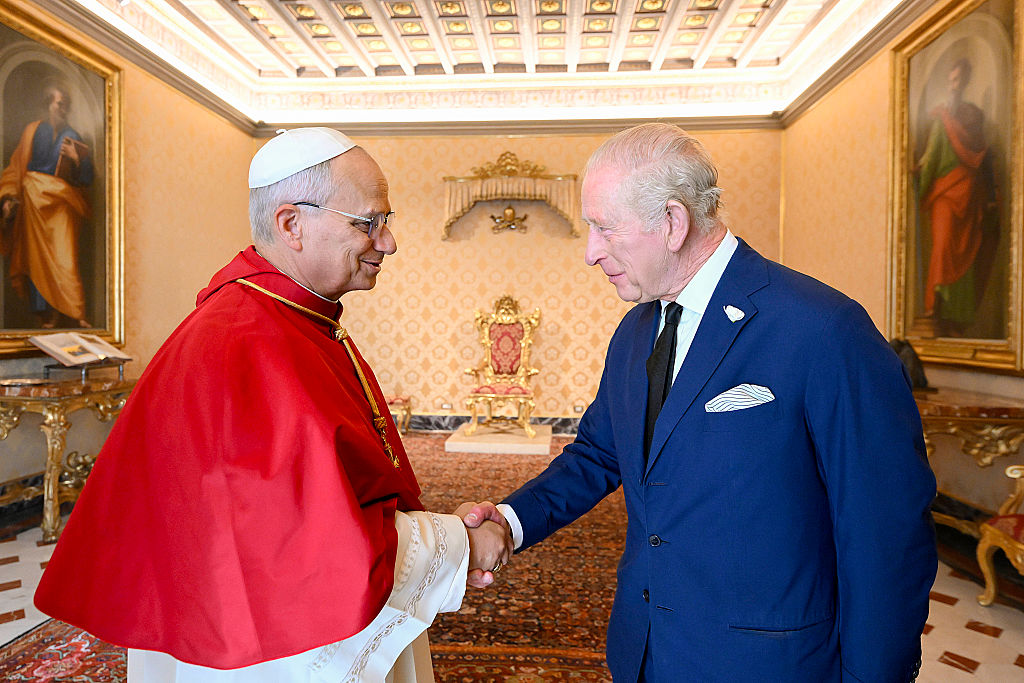






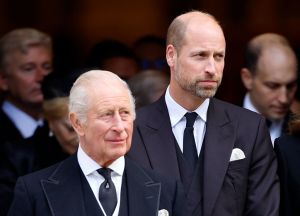
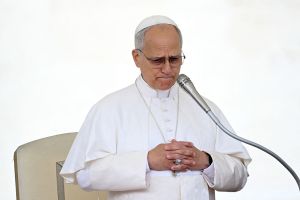
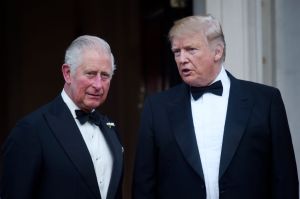
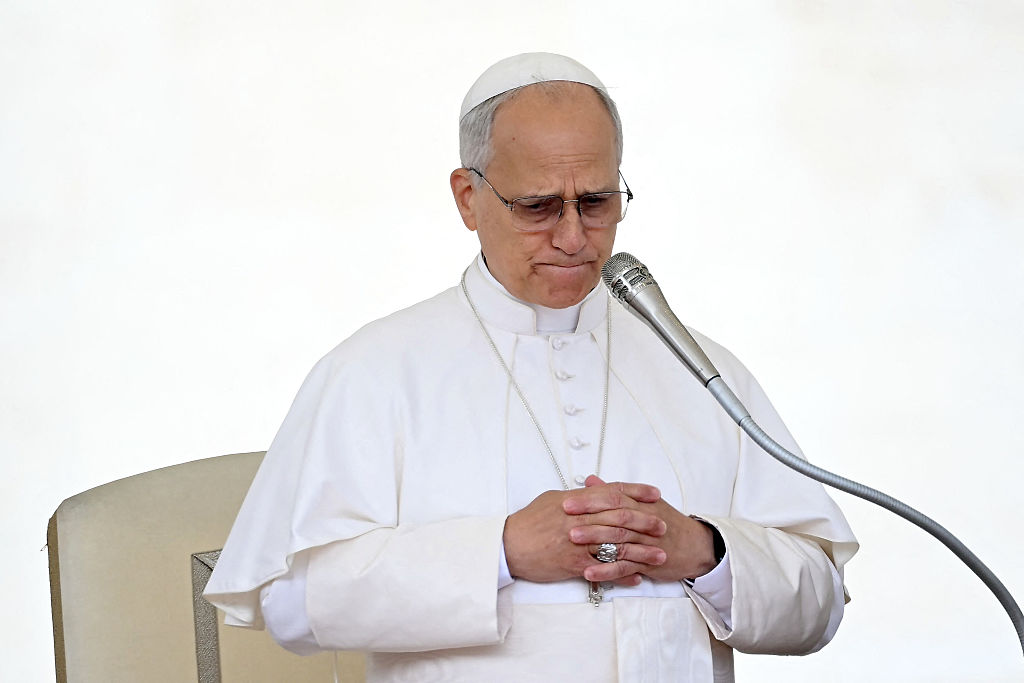
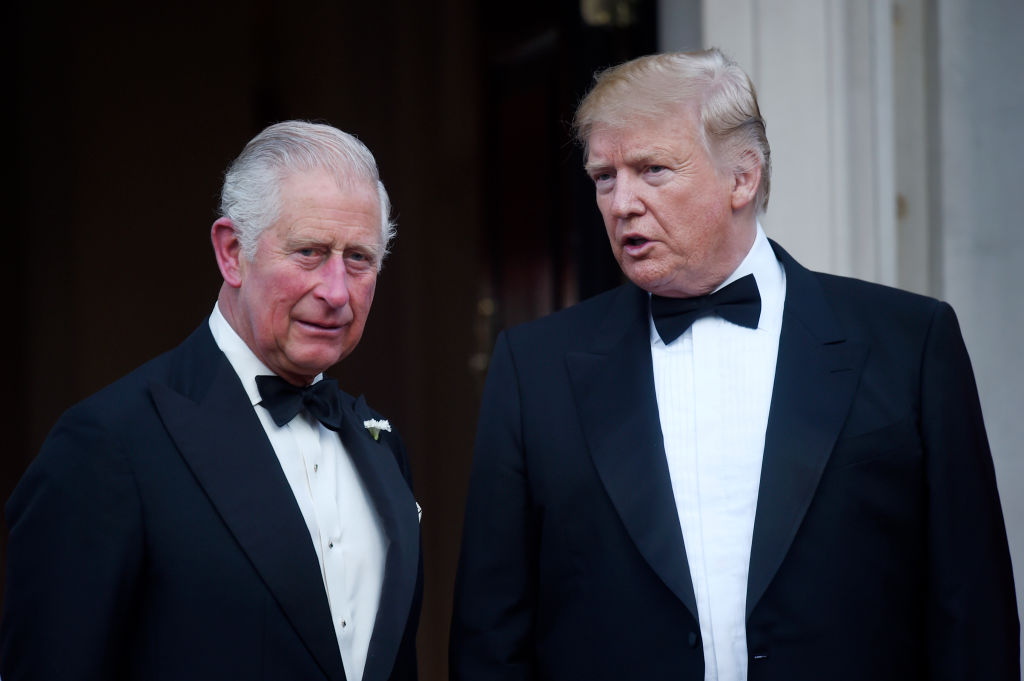
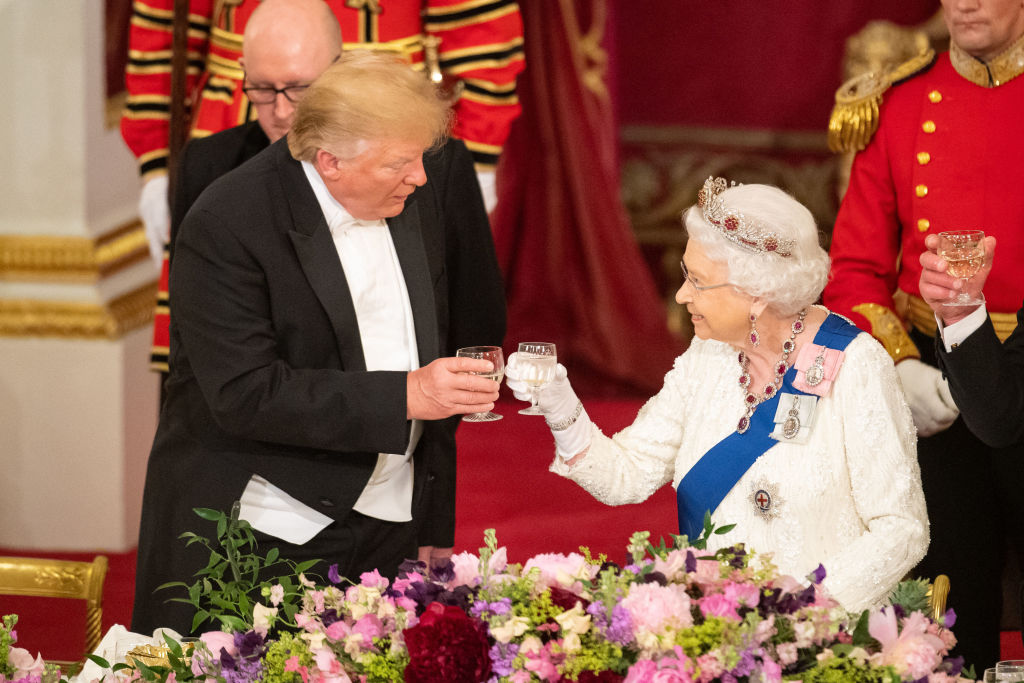
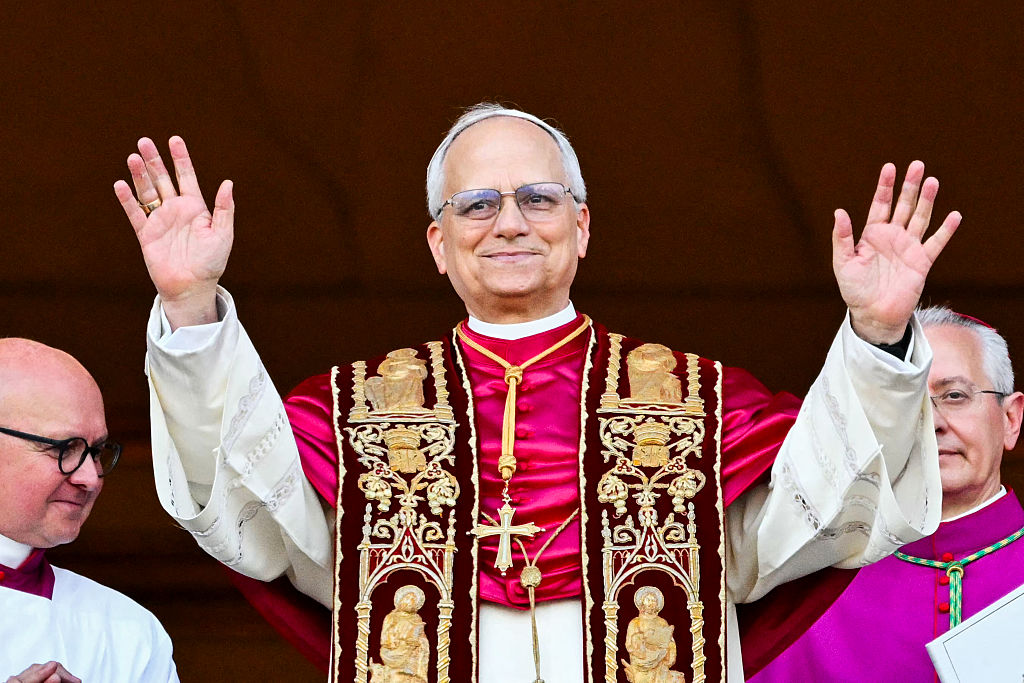
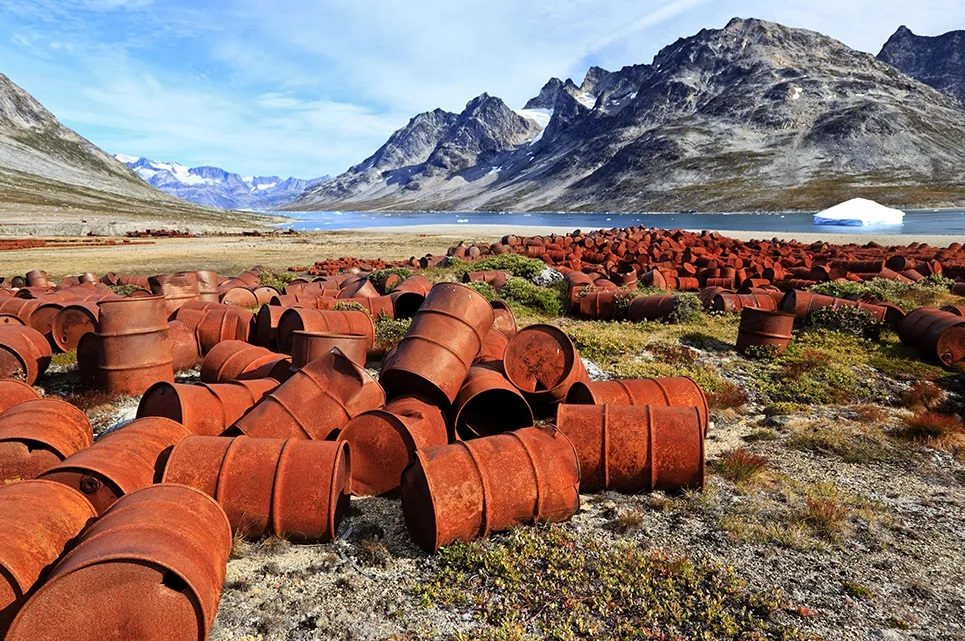
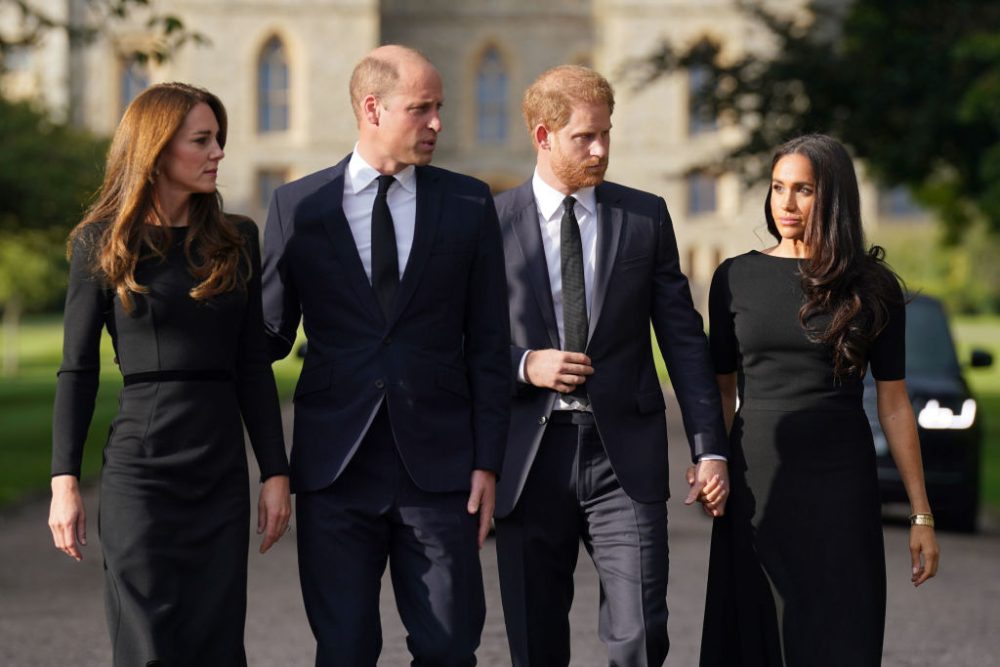







Leave a Reply